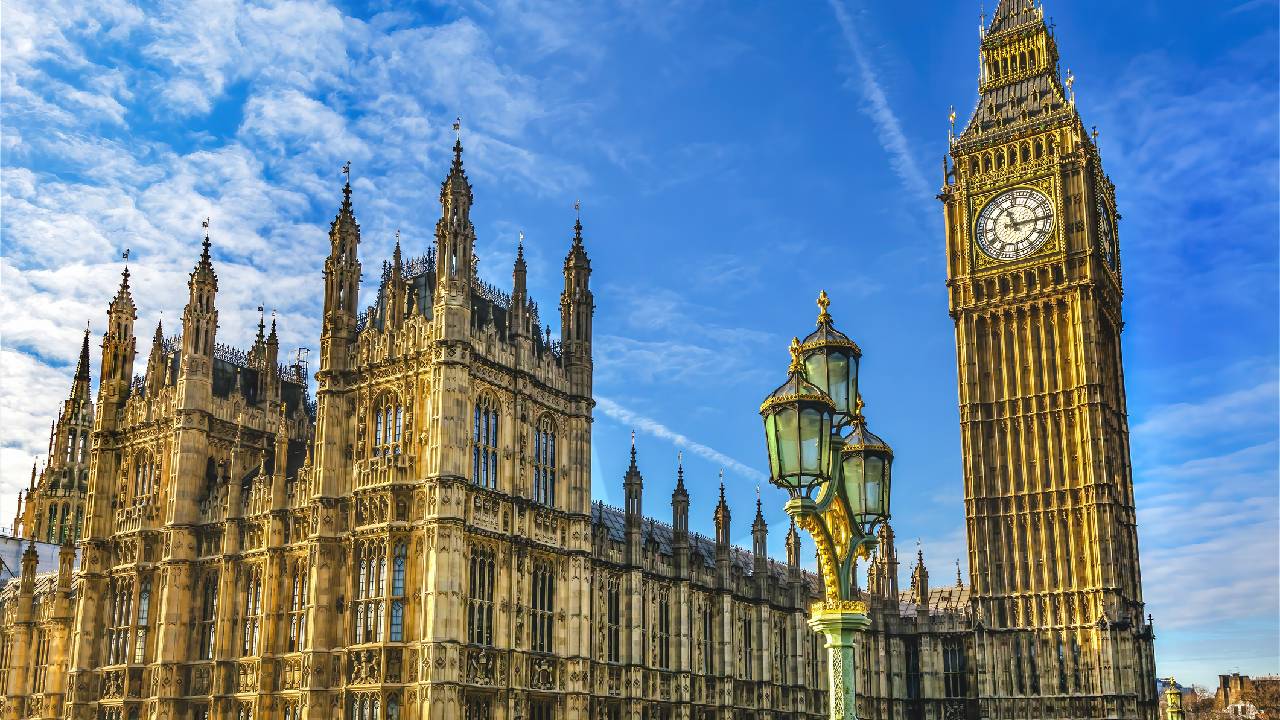In Practice
Follow this topic
Bookmark
Record learning outcomes
The Government has finally responded to the Health and Social Care Committee’s May 2024 report on community pharmacy.
The Committee’s recommendations to publish a long-term vision for the further development of clinical services in community pharmacy and to undertake greater workforce planning were accepted. The Government also committed to the ongoing promotion of Pharmacy First.
While ministers acknowledged the challenges and complexity of pharmacy’s funding model, they failed to offer any solutions, although the independent economic analysis of NHS pharmaceutical services currently underway with Community Pharmacy England and pharmacy contractors was referenced.
A suggestion from the select committee to re-introduce the establishment payment to support the development of consultation spaces was rejected.
The Government rejected generic substitution in response to the Committee’s recommendations on medicines shortages. However, it indicated that the commissioning of an independent review into the medicines supply chain would be kept “under consideration”.
Among the other main points in the Government’s response:
- An evaluation study of Pharmacy First will review the effectiveness of GP minor illness referrals to community pharmacy
- An evaluation of the Independent Prescriber Pathfinder Programme is expected this year
- The Pharmacy Integration fund in 2024-25 is extending a successful Teach and Treat clinics pilot on improving prescribing supervision access and capacity
- The feasibility of PrEP delivery via pharmacies is being piloted.
Pharmacy minister Stephen Kinnock MP insisted that the Government is committed to better utilising the skills of pharmacists and pharmacy technicians. “Unfortunately, we inherited a system that has been neglected for too long and for pharmacists to deliver for patients at a local level remains very difficult,” he said.
Labour’s 10 Year Health Plan to reform the NHS, due in the spring, will “inform future funding and contractual arrangements” for community pharmacy. “I am committed to working with the sector to achieve what we all want – a service fit for the future,” he said.
‘Significant disappointments’
In response, Janet Morrison, Community Pharmacy England chief executive, said: “Whilst there are some significant disappointments in the response – no new promises on funding and a rejection of generic substitution – it is more positive that the Government is at least partially accepting 17 out of the 19 recommendations.”
Noting the “clear support” for promoting Pharmacy First, developing independent prescribers and enhancing data sharing capabilities across primary care, Ms Morrison said that while the sector is “keen to get going” to deliver solutions at pace, “these changes will come at a cost”.
Community pharmacies cannot extend their services if core funding issues aren’t fixed, she warned. “This remains an urgent crisis which needs resolution.”
The NPA said it was “encouraged” by the Government’s response to the select committee report. However, according to director of corporate affairs Gareth Jones, “what’s lacking is a sense of urgency, especially in terms of fixing our broken contract and properly funding pharmacies’ vital work.”
“The starting point needs to be fair funding now and into the longer term, as well as bold thinking about the place of community pharmacy in our healthcare system,” Mr Jones said.
“We urge ministers to end the crippling underfunding of our sector and unleash our potential to transform the way people can stay healthy and access local treatment and advice.”
The Royal Pharmaceutical Society’s director for England and Wales, Elen Jones, said words from the Government “must now be backed by action”.

